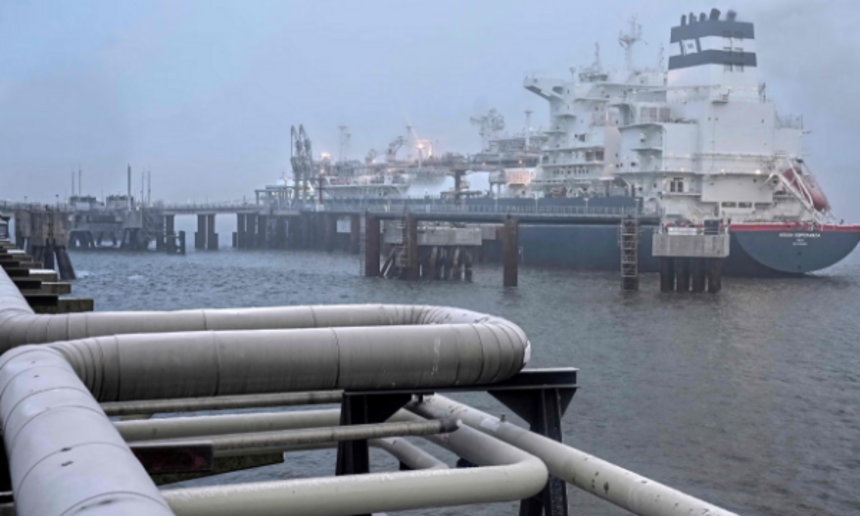Europe imported a record amount of liquefied natural gas (LNG) from Russia in 2024, data shows, despite EU efforts to phase out fossil fuels funding Russia’s war chest.
According to Rystad Energy, Europe received 17.8 million tons of Russian LNG last year, over 2 million tons more than in 2023. Analyst Jan-Eric Fähnrich described the LNG flows as not only rising but “reaching record levels.”
Key Figures and Trends
- Europe imported 49.5 billion cubic meters of Russian gas via pipelines and an additional 24.2 billion cubic meters of LNG in 2024.
- Russia surpassed Qatar as Europe’s second-largest LNG supplier, behind the U.S.
- While some LNG was resold to other countries, significant volumes were consumed within Europe.
The spike in imports comes as Ukraine ceased the transit of Russian gas through its pipelines, ending an era of Soviet-era energy trade amid the ongoing conflict.
Economic and Environmental Implications
Activists have criticized the EU for undermining its support for Ukraine and climate goals by continuing to purchase Russian fossil fuels. While the EU has increased renewable energy investments and reduced overall energy demand, experts argue the bloc is not transitioning fast enough to avoid catastrophic global warming.
Data from the Centre for Research on Energy and Clean Air (CREA) shows EU LNG imports from Russia totaled €7.32 billion in 2024, marking a 14% year-on-year increase to 17.5 million tons.
“Russian LNG is discounted compared to alternative suppliers,” said Vaibhav Raghunandan, an analyst at CREA. “Without sanctions on the commodity, companies are prioritizing cost savings and increasing purchases from the cheapest source.”
Future of Russian LNG in Europe
The EU has pledged to phase out Russian fossil fuel imports by 2027 but has yet to ban natural gas, unlike coal and oil. Starting March 2025, EU member states will prohibit Russian LNG transit to non-EU countries. Analysts suggest the recent surge in imports may reflect efforts to stockpile LNG ahead of impending sanctions.







